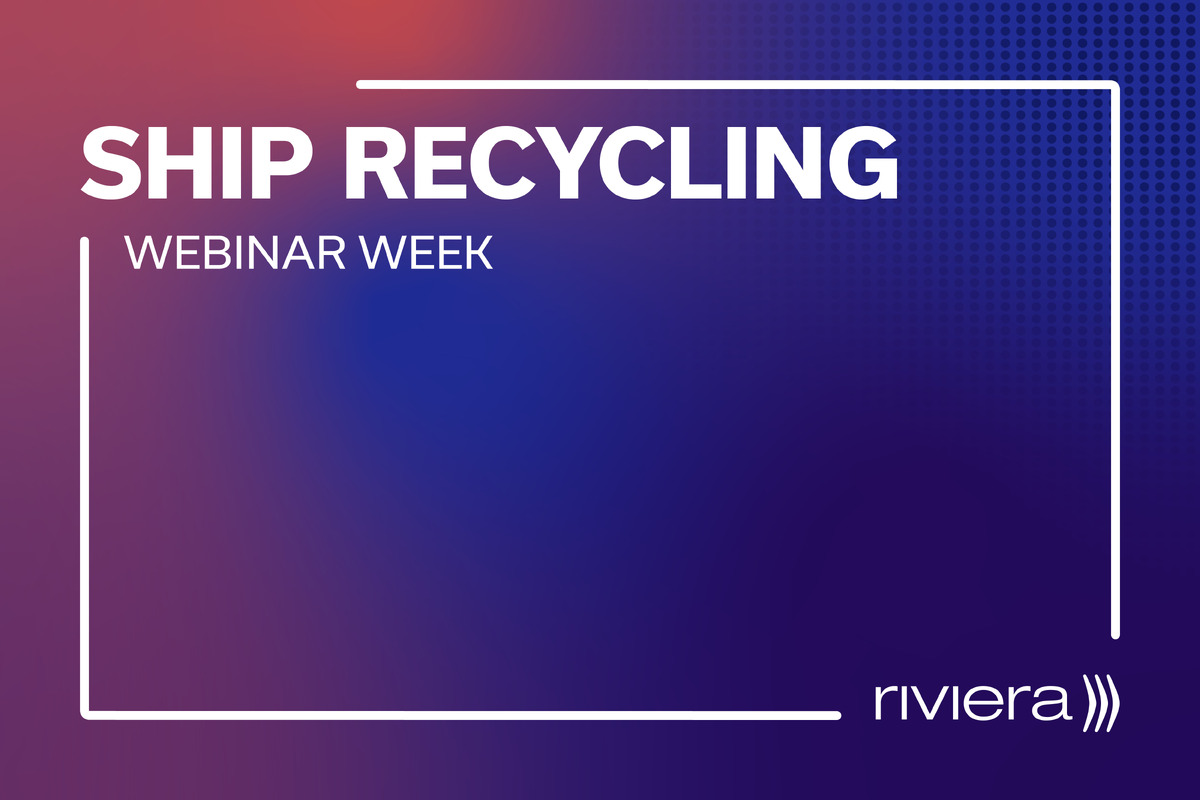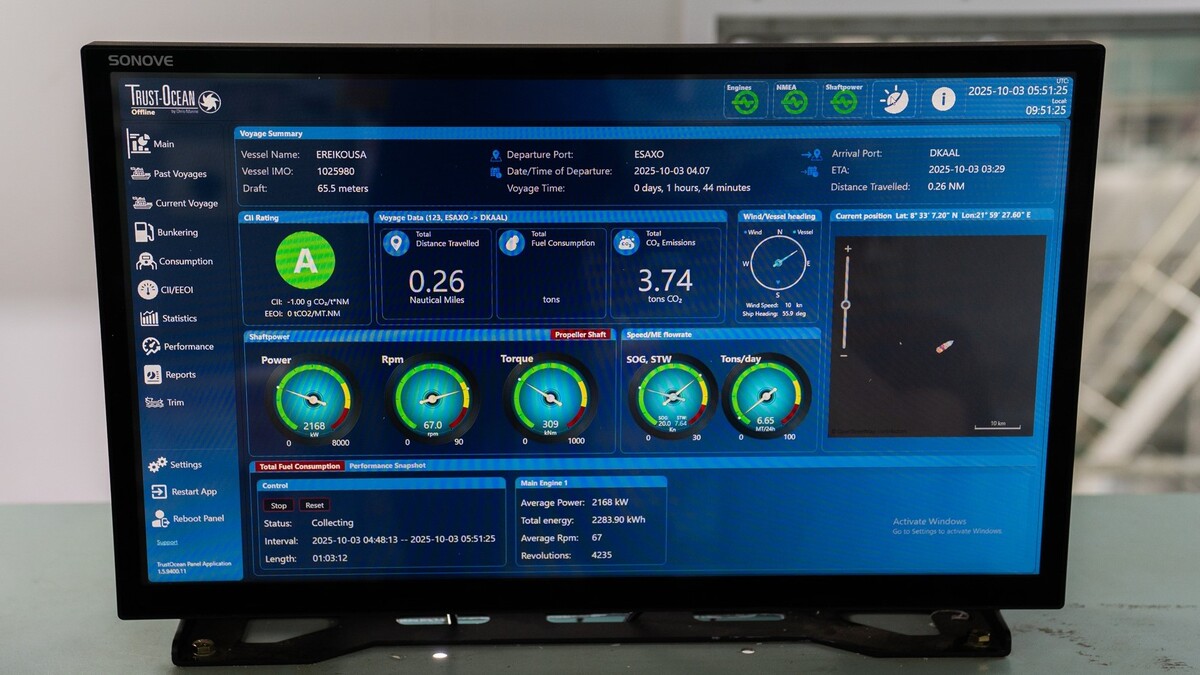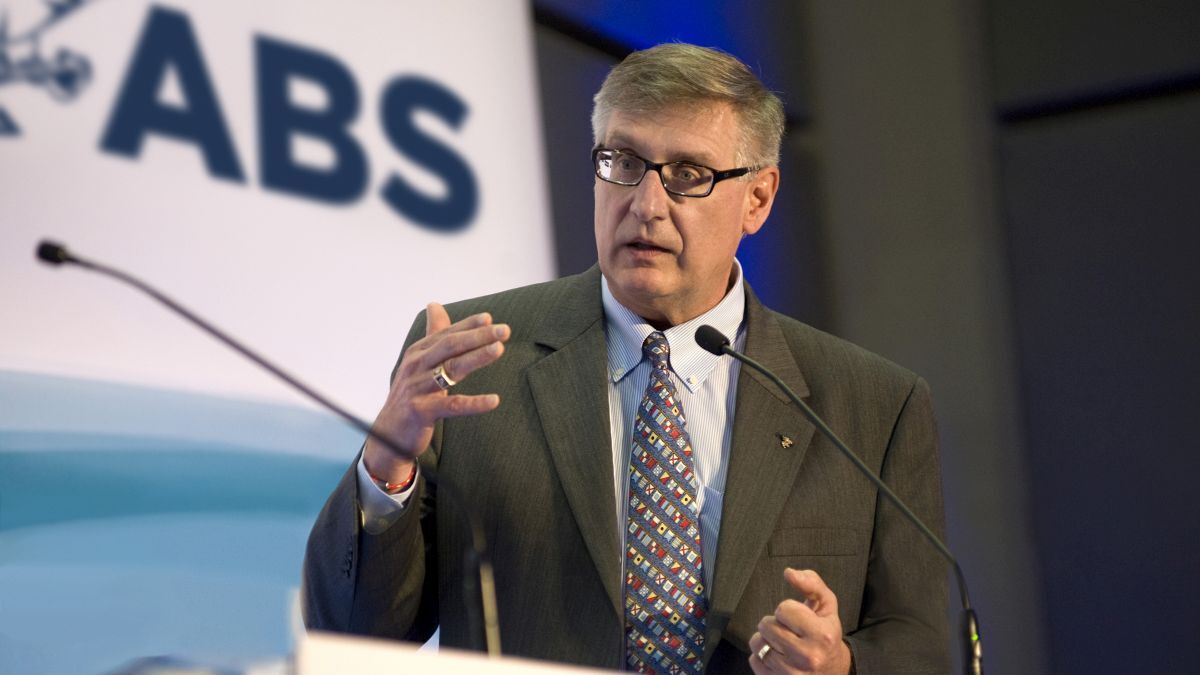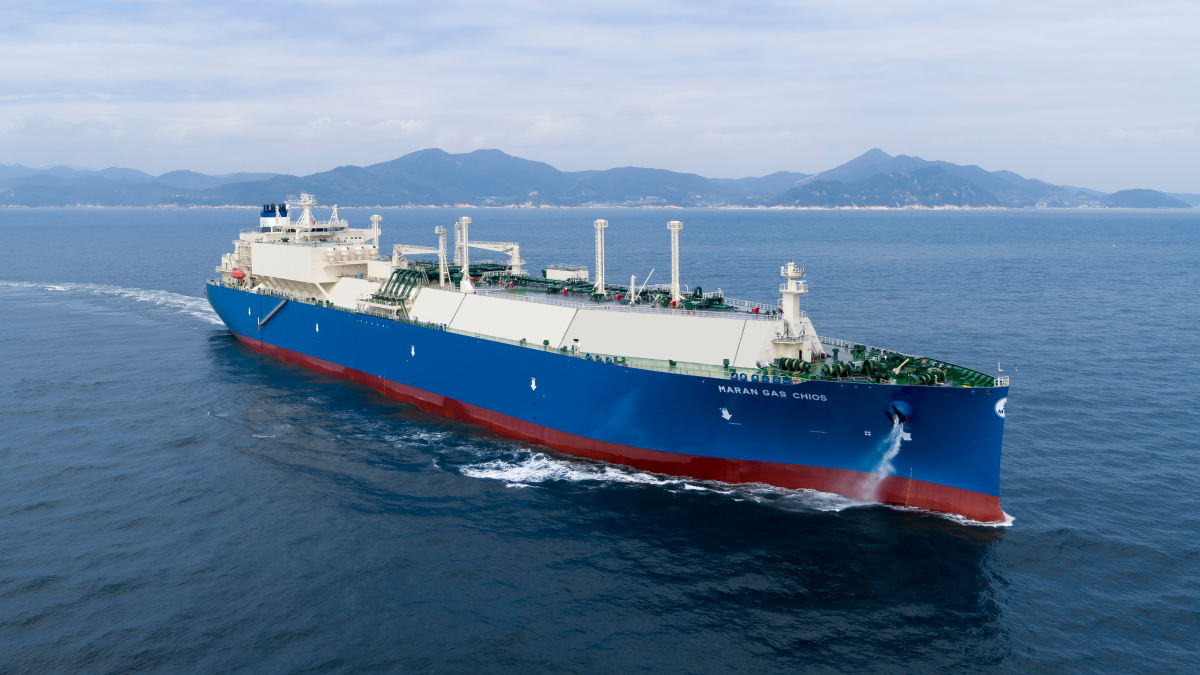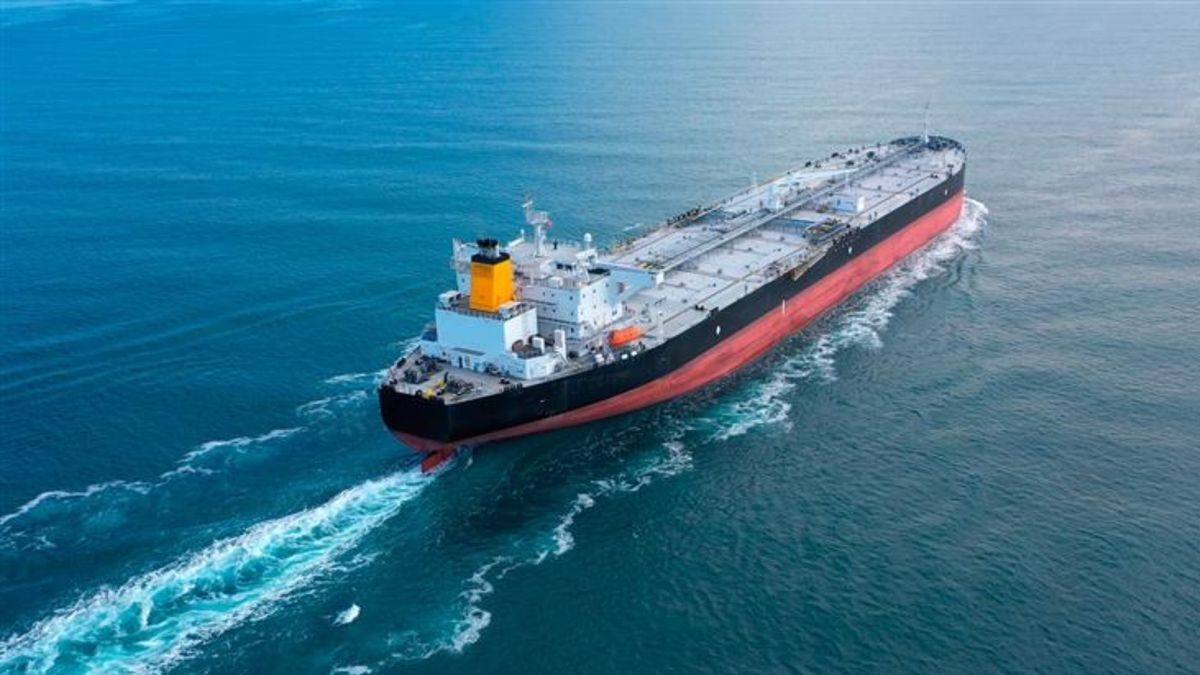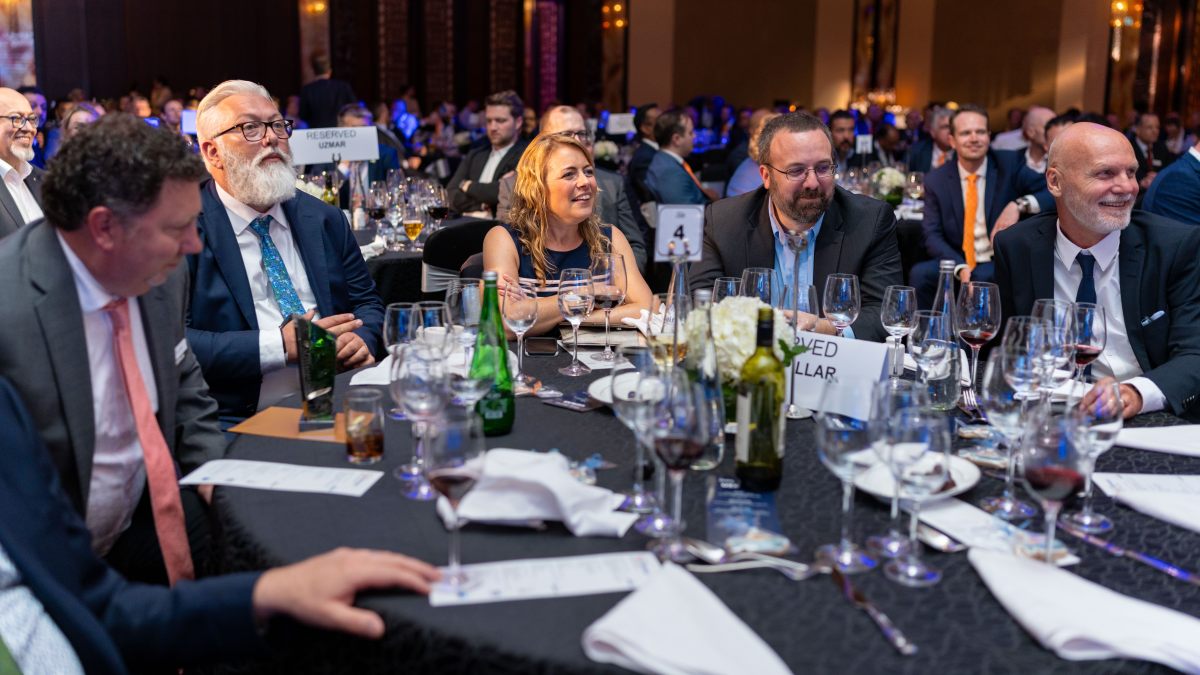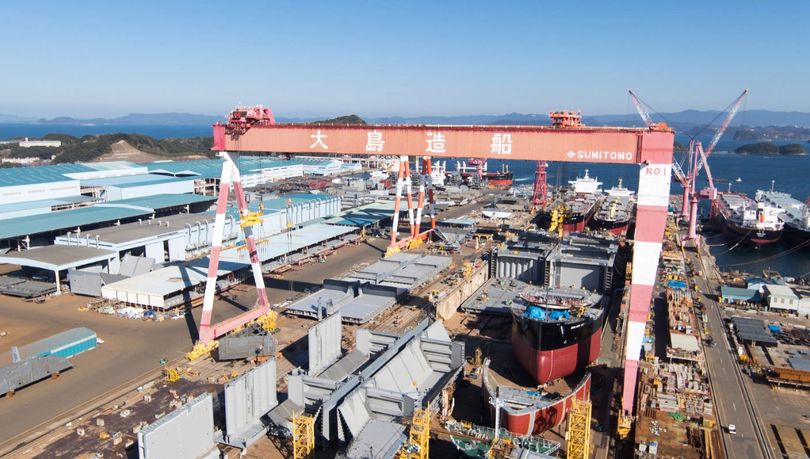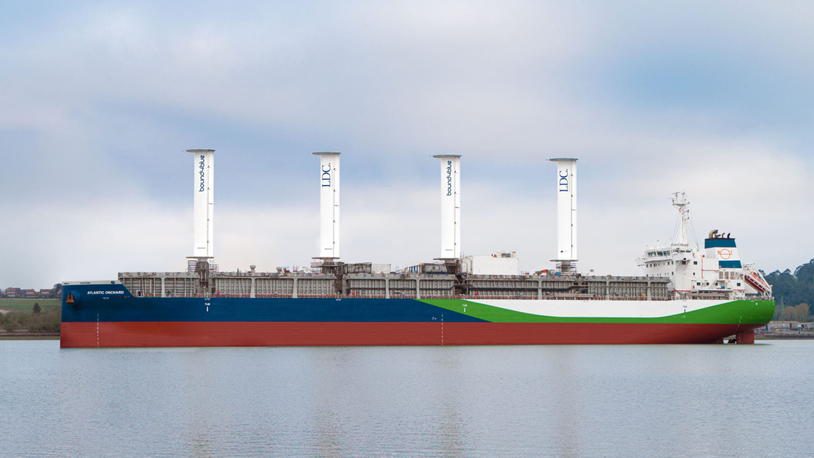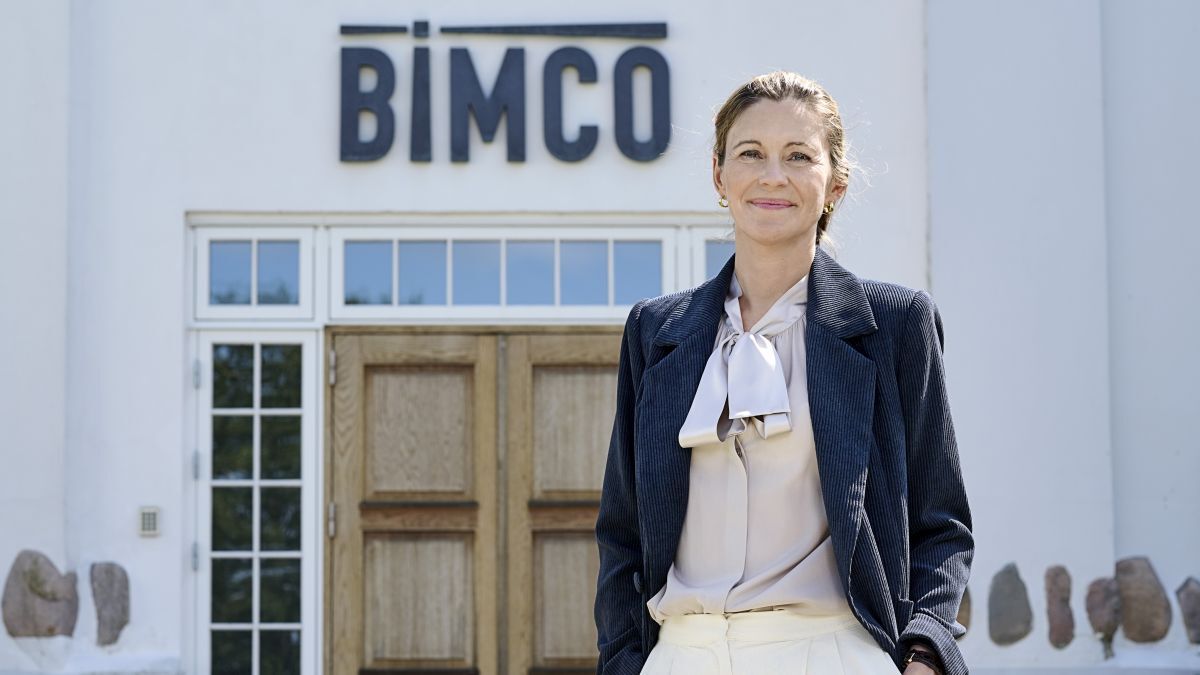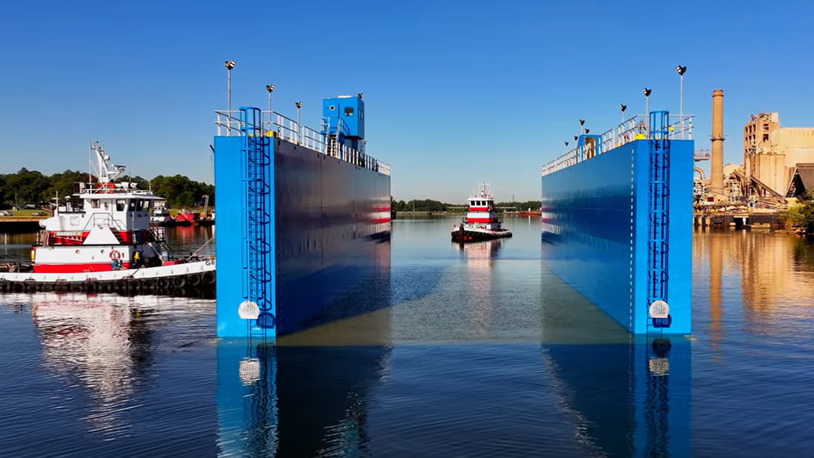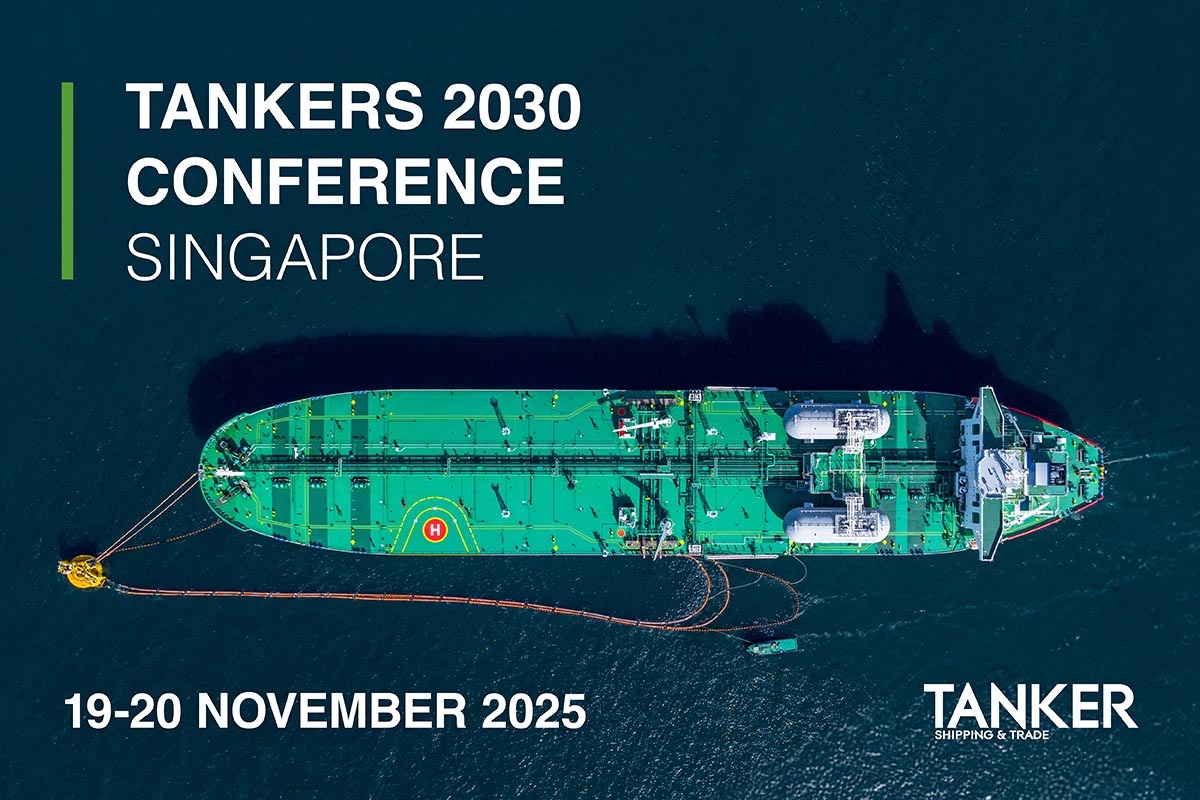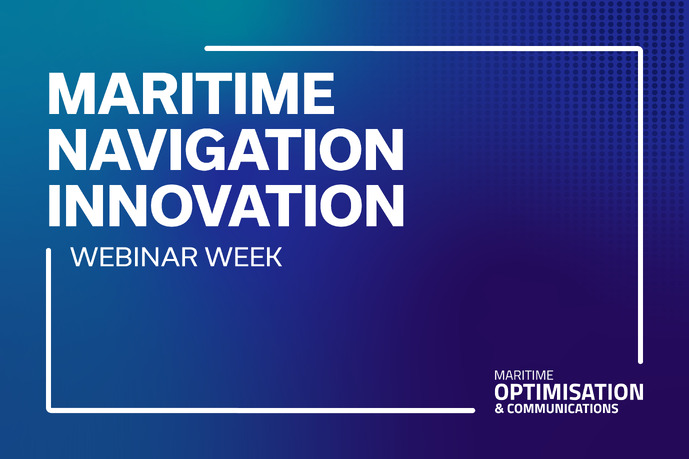Business Sectors
Events
Ship Recycling Webinar Week
Contents
Register to read more articles.
ABS CEO: ‘IMO needs to take a timeout’ on Net-Zero Framework
ABS chairman and chief executive, Christopher Wiernicki says LNG and biofuels "should not be overlooked" by shipping as IMO vote on Net-Zero Framework creeps closer without any green fuels or infrastructure in sight
With delegates set to meet in mid-October to consider adopting the IMO Net-Zero Framework, shipping’s CO2 emissions and ‘green’ fuels and infrastructure scarce, ABS chairman and chief executive, Christopher Wiernicki provided some blunt advice for the industry. “IMO needs to take a timeout”, said Mr Wiernicki.
Speaking during the annual ABS Sustainability Summit and the start of London International Shipping Week on 15 September, Mr Wiernicki said, “Shipping and IMO are on different trajectories. There is no clear pathway for green fuel availability and scaleability and infrastructure support. LNG and biofuels are mission-critical to any success and should not be overlooked, over penalised or discarded in the net-zero regulation. Quite frankly, achieving net zero for shipping by 2050 looks like a wildcard”, he said.
Mr Wiernicki’s remarks were timed with the release of class society’s report, 2025 ABS Sustainability Outlook, Beyond the Horizon: Vision Meets Reality, which shows that, despite progress on carbon intensity, shipping’s absolute emissions continue to climb.
“The industry needs a framework, but we need one that marries ambition with reality,” added Mr Wiernicki. “The mechanics need to be thought through. Right now, we are not where we need to be. Emissions remain 121% above the 2008 baseline, compliance costs are compounding, and the signals shaping investment – regulation, fuel pricing, penalties, availability, scaleability – are moving at different speeds.”
He noted maritime decarbonisation is composed of three parts: 70% fuel selection, 15% energy efficiency and 15% performance optimisation. “That 30% beyond fuel is where software plays a pivotal role and, given the current scarcity of green and blue fuel variants globally, is where the most immediate and scaleable gains can be achieved,” Mr Wiernicki said.
LNG with methane slip controls, bio and e-LNG, onboard carbon capture and energy efficiency technologies can cut shipping’s well-to-wake emissions, preparing for “nuclear and zero-carbon fuels when they are safe, insurable and investible at scale,” he observed.
One of the takeaways of the report is how the ballooning costs of compliance could potential triple commercial shipping costs. A typical vessel trading within the EU could see daily operating costs increase from approximately US$15,000 in 2028 to around US$45,000 by 2035.
Meanwhile, LNG is over-penalised in the early 2030s although it underpins blue fuels, keeps hard-to-abate segments compliant, and buys time for zero-carbon fuels, provided methane slip is addressed and pathways to bio/e-LNG are opened.
The Marine Environment Protection Committee (MEPC) is set to consider and adopt draft amendments to Marpol Annex VI, including the IMO Net-Zero Framework, when it meets in London on 14-17 October 2025. Those amendments, approved at MEPC 83 earlier this year, would set in place a new set of regulations to support IMO’s 2023 GHG Strategy. Notably among these are a global fuel standard and a global greenhouse gas emissions pricing mechanism.
Riviera’s Maritime Decarbonisation Conference, Europe will be held in Amsterdam Schipol Airport, 30 September to 1 October 2025. Click here to register your interest in this industry-leading event.
Related to this Story
How new technologies help owners cut fuel costs, remain compliant
Events
Ship Recycling Webinar Week
International Bulk Shipping Conference 2025
Tankers 2030 Conference
Maritime Navigation Innovation Webinar Week
© 2024 Riviera Maritime Media Ltd.
